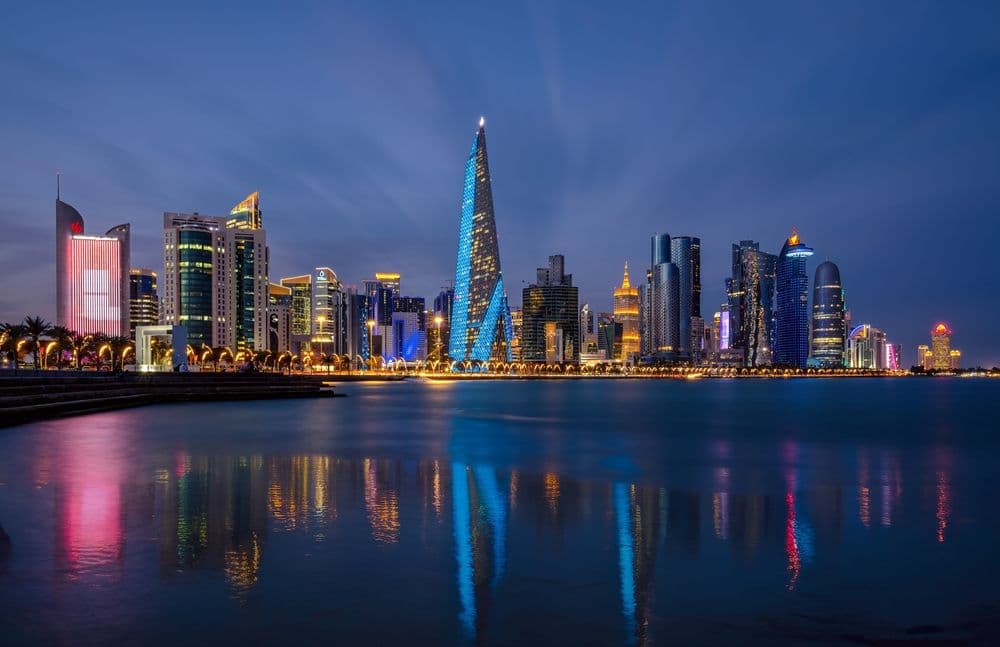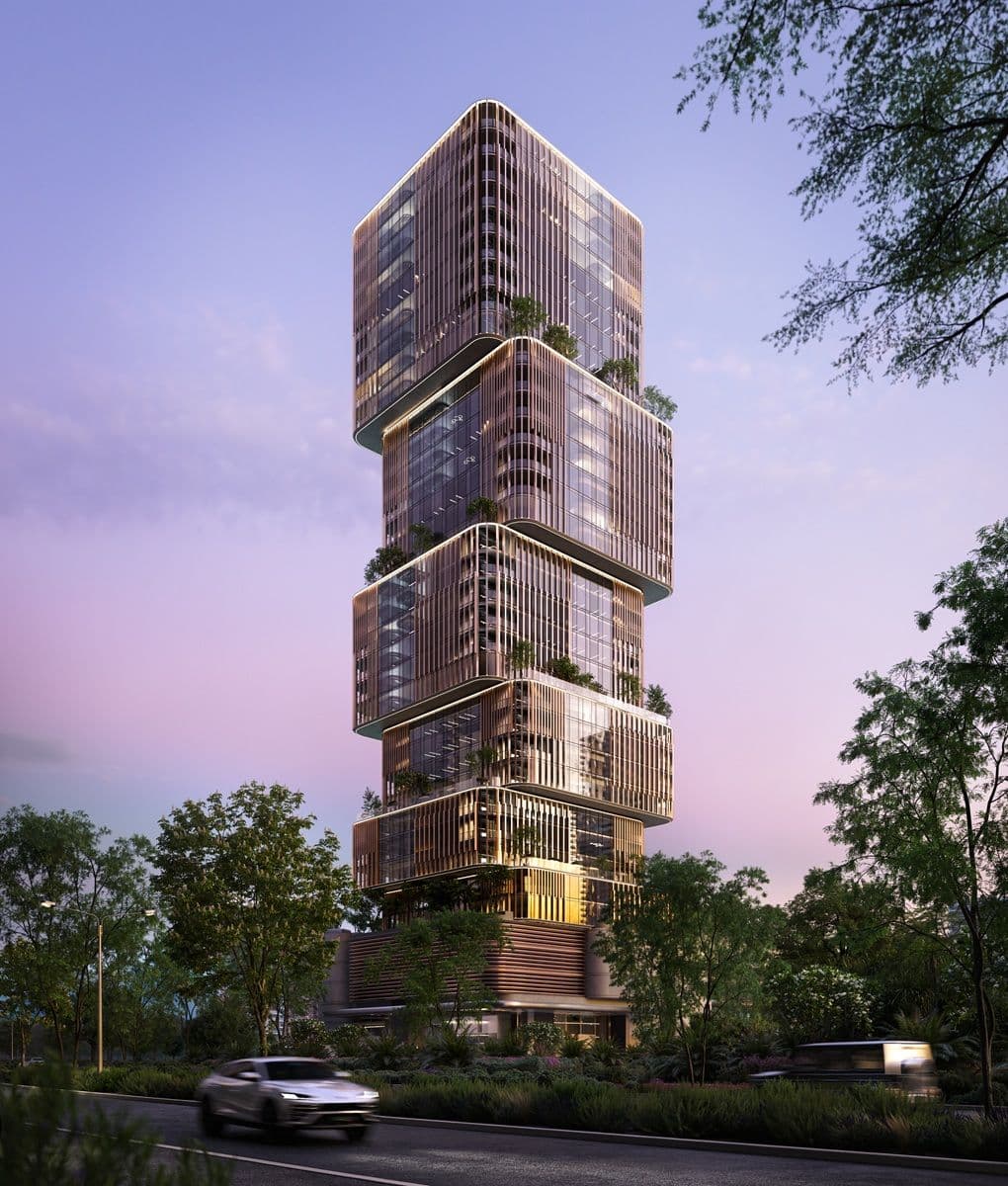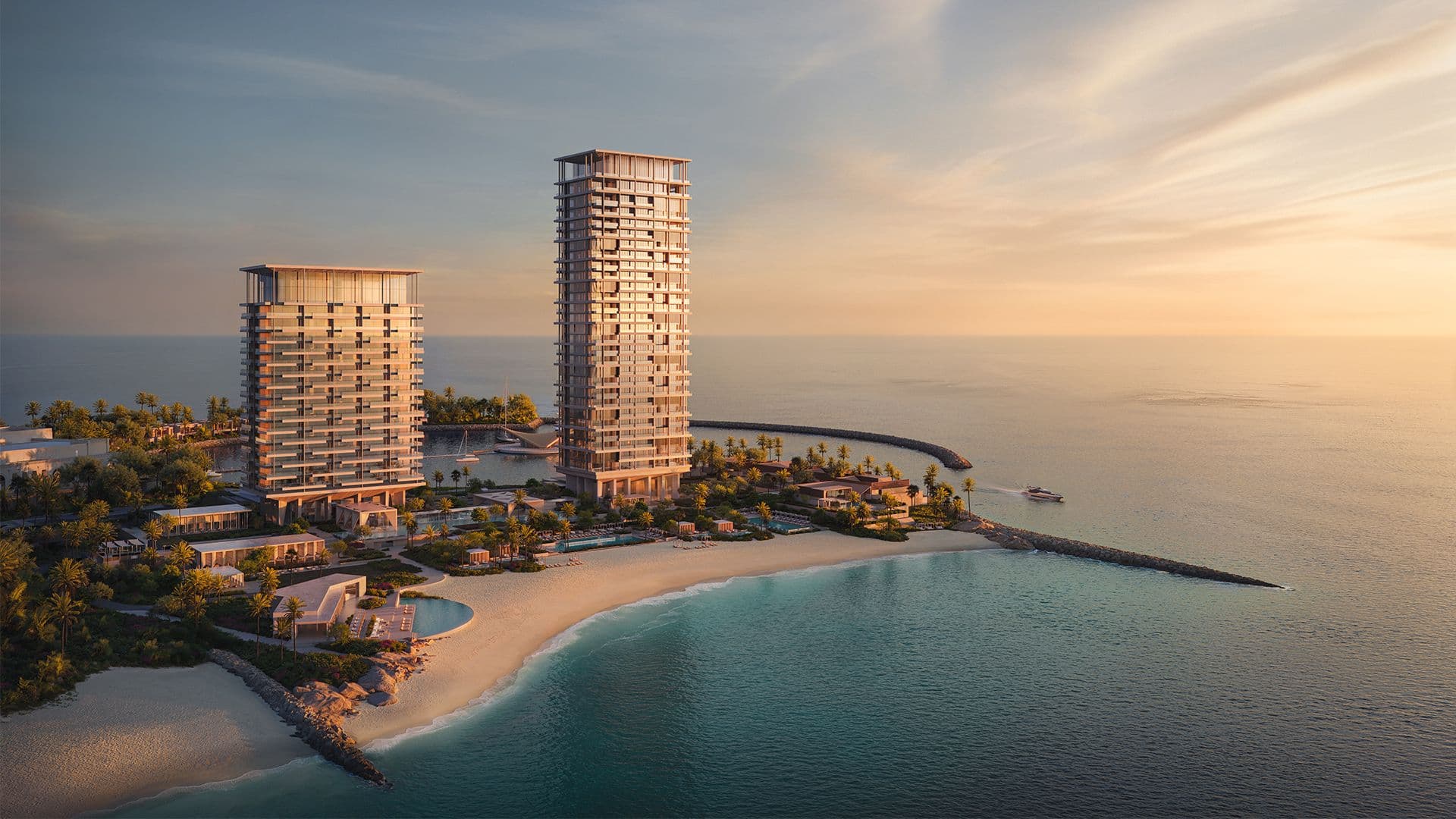Real estate experts predict property prices in Dubai South could increase by 15–20% in the near future, driven by the $35 billion (AED 128 billion) expansion of Al Maktoum International Airport. The ambitious plan forecasts a transformative impact on regional prices and investor sentiment.
Airport Expansion as a Real Estate Catalyst
The planned expansion of Al Maktoum International – set to become the world’s largest airport with 400 gates and five runways – is already igniting real estate activity across Dubai South and its environs.
Adham Younis, CEO of D&B Properties, described the airport project as “not merely a transportation initiative; it represents a pivotal economic catalyst.” He emphasized that buyers are already attracted to residential and commercial properties in Dubai South due to anticipated demand.
Price Appreciation Trends & Market Momentum
According to Betterhomes, both off-plan and completed property prices in Dubai South have climbed since the airport upgrade announcement. With government contracts underway and construction progressing, analysts expect further price growth throughout 2025.
Svetlana Vasilieva, Head of Secondary Sales at Metropolitan Homes, anticipates residential prices will steadily rise this year, with stronger gains closer to the airport’s first-phase completion.
Knight Frank’s Faisal Durrani warned of a growing demand–supply imbalance, as current home delivery rates—22,000 units per year—fall short of the 70,000 units needed to support projected population growth. He expects this imbalance to push prices upward in the medium to long term.
Developer Response & Infrastructure Growth
Major developers are already launching projects near Dubai South. Notable examples include Emaar South, DAMAC Riverside, and Pulse Villas. These communities feature modern amenities designed for families, professionals, and investors, including green spaces, schools, retail facilities, and transport links.
Nabil Al Kindi, CEO of Dubai South Properties, noted that residential transactions in the area have increased by 11% year-on-year, with community growth averaging 20% annually. He highlighted ongoing development of schools, parks, retail outlets, a hypermarket, mosque, and bus routes – all reinforcing Dubai South’s appeal.





